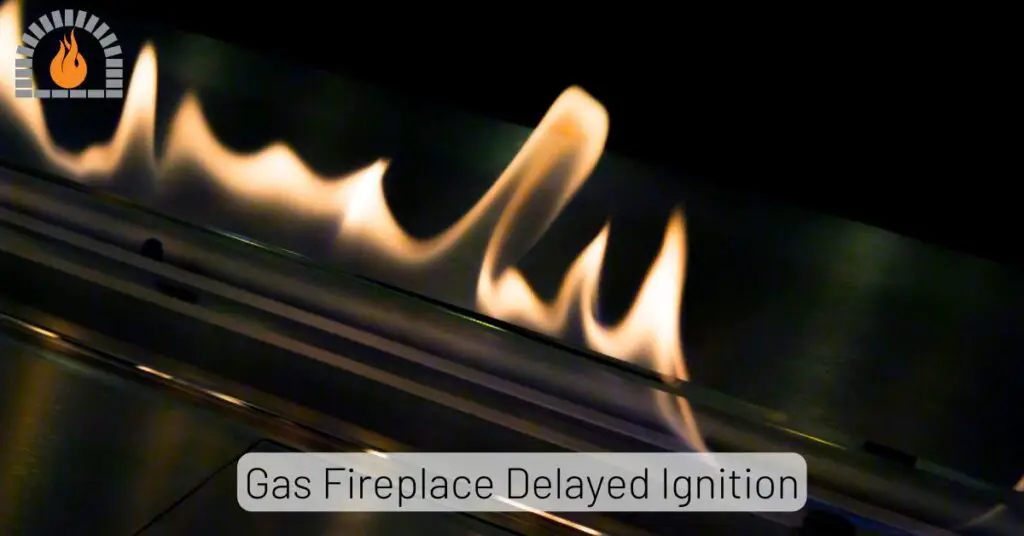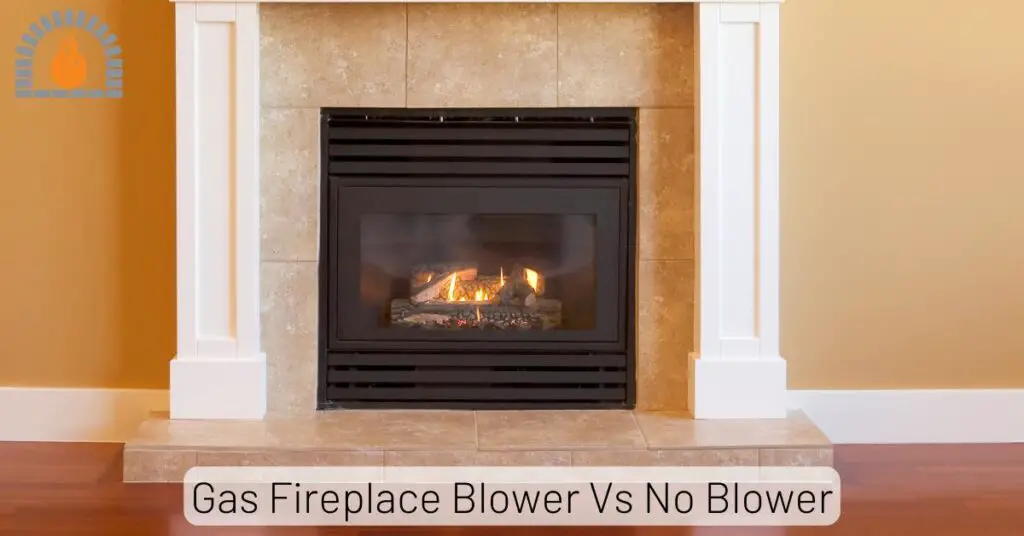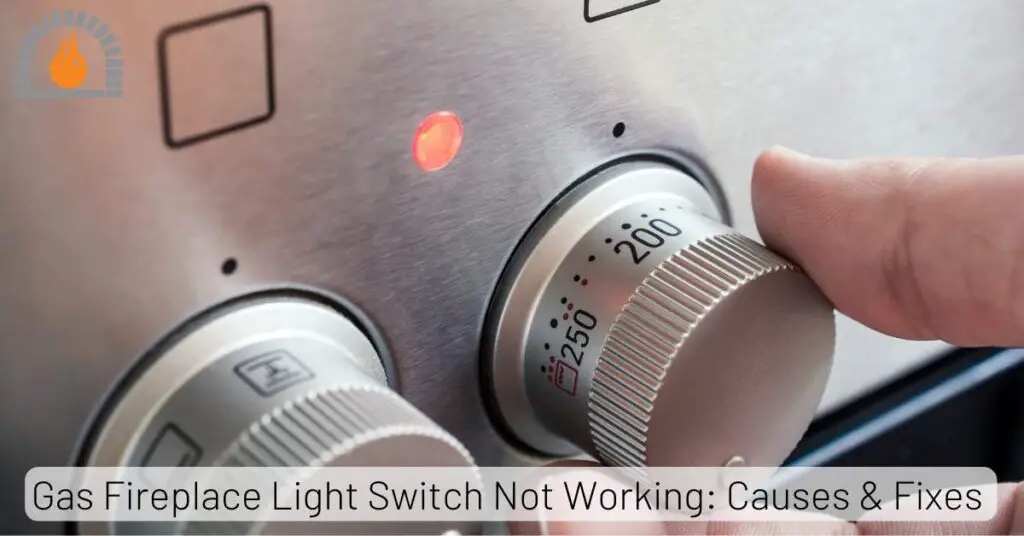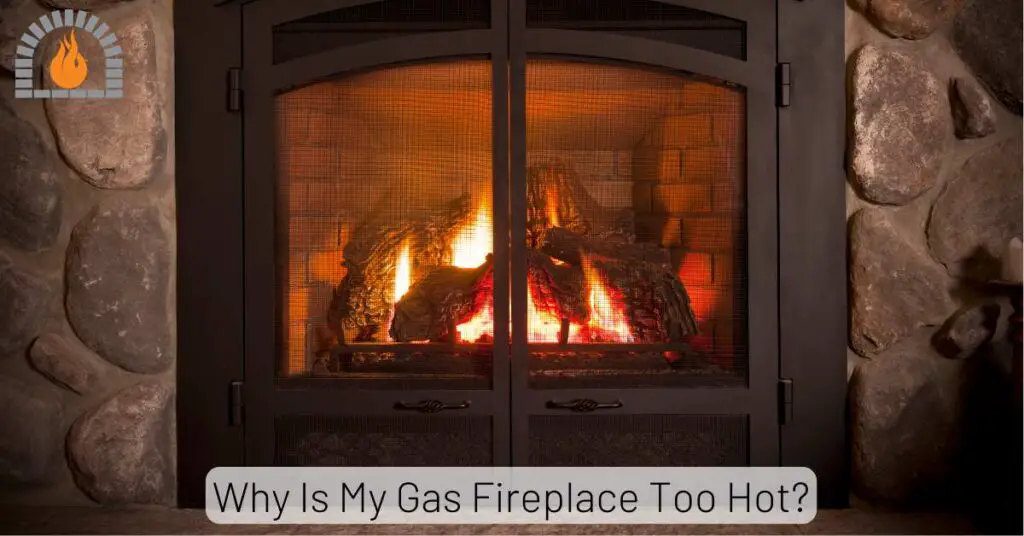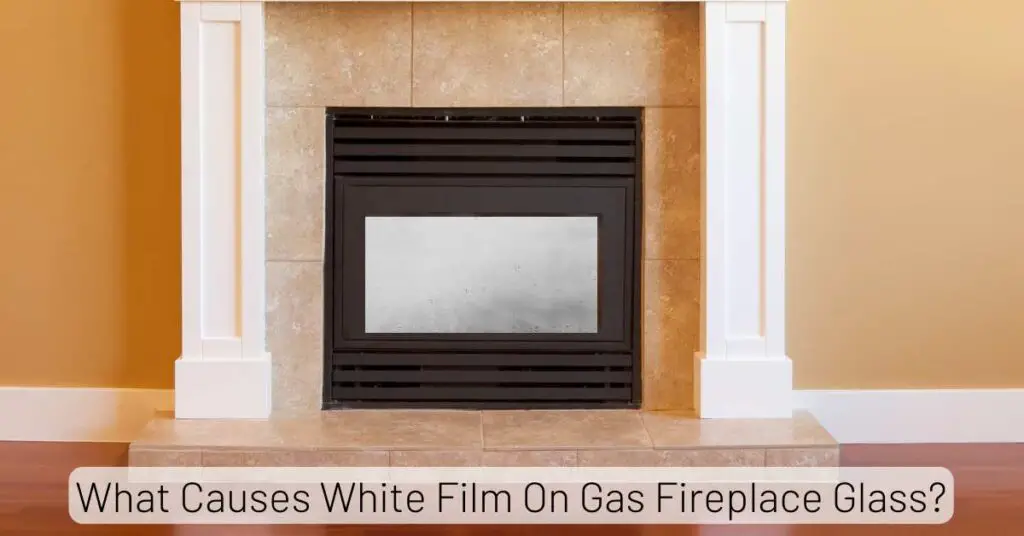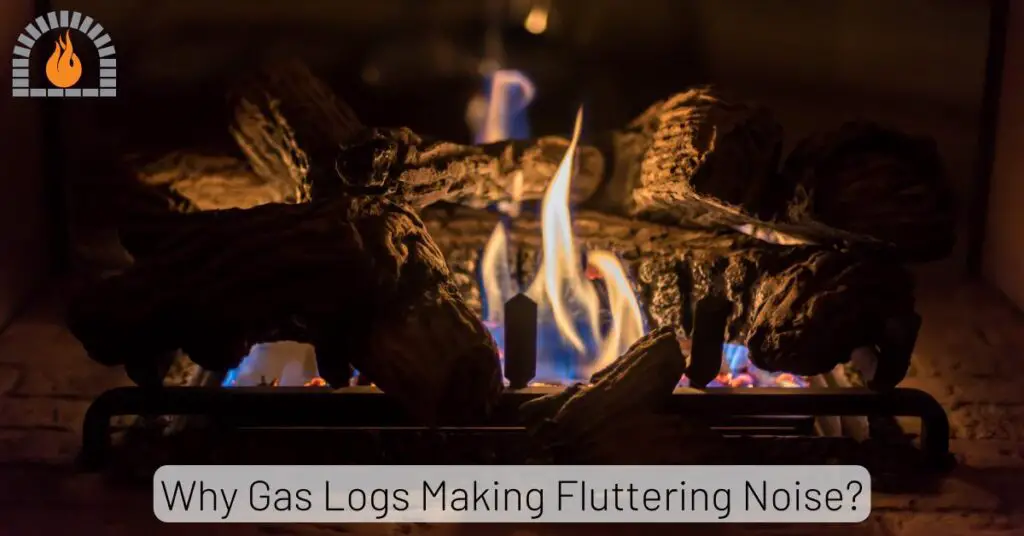When your gas fireplace malfunctions, you need a qualified professional to ensure safe and proper repairs. Gas fireplaces should only be serviced by certified technicians with specialized training in gas appliance repair, including HVAC professionals, certified fireplace technicians, and gas utility company service personnel.
These experts have the necessary knowledge to handle gas lines, ventilation systems, and ignition components while adhering to safety codes and manufacturer specifications. Attempting DIY repairs on gas appliances can lead to gas leaks, carbon monoxide poisoning, or fire hazards, making it essential to choose the right expert for your gas fireplace repair needs.
Key Takeaways
- Gas fireplaces require specialized repair from certified professionals with specific training in gas appliances
- Qualified technicians include HVAC professionals, NFI-certified specialists, and gas utility company technicians
- Always verify certifications, insurance, and experience before hiring a gas fireplace repair technician
- Regular maintenance can prevent many common gas fireplace problems and extend the lifespan of your unit
- Repair costs vary based on the issue, but professional repairs ensure safety and compliance with local codes
Who Repairs Gas Fireplace? Types of Professionals
Not all technicians have the same qualifications when it comes to gas fireplace repair. Understanding the different types of professionals can help you choose the right expert for your specific needs.
HVAC Professionals
Heating, Ventilation, and Air Conditioning (HVAC) technicians are often qualified to service gas fireplaces, especially those that are part of a home’s central heating system. These professionals typically have:
- Extensive knowledge of gas systems and components
- Training in combustion analysis and ventilation requirements
- Experience with various gas appliance brands and models
- Licensing requirements that vary by state but generally include rigorous testing
When selecting an HVAC technician for your gas fireplace repair, look for those with specific experience in fireplace systems rather than just general HVAC knowledge.
Certified Fireplace Technicians
The National Fireplace Institute (NFI) offers specialized certifications for fireplace professionals. These technicians have passed rigorous examinations testing their knowledge of:
- Gas fireplace installation and repair
- Building codes and safety standards
- Venting requirements and combustion air
- Troubleshooting common gas fireplace issues
NFI-certified specialists typically hold one or more of the following certifications:
- NFI Gas Specialist
- NFI Woodburning Specialist
- NFI Pellet Specialist
For gas fireplace repairs, you’ll want to look specifically for technicians with NFI Gas Specialist certification.
Gas Utility Company Technicians
Some gas utility companies offer repair services for gas appliances, including fireplaces. These technicians often have:
- Direct experience with your specific gas supply
- Training in gas safety and emergency procedures
- Knowledge of local regulations and requirements
- Access to manufacturer-specific parts and technical support
While utility company technicians can be excellent resources, they may have limitations on the types of repairs they can perform, especially if your fireplace model is less common or older.
General Contractors with Specialized Training
Some general contractors have pursued additional training and certification in gas fireplace repair. These professionals can be particularly helpful if your repair requires modifications to your home’s structure or venting system.
When considering a general contractor, verify their specific qualifications for gas appliance work and ensure they have the necessary licenses and insurance.
Why Professional Gas Fireplace Repair Matters
Gas fireplaces combine convenience with ambiance, but they’re complex appliances that require specialized knowledge for proper repair and maintenance. Unlike wood-burning fireplaces, gas units involve fuel lines, electronic ignition systems, and precise ventilation requirements that demand professional expertise.
Safety First: The Risks of Improper Repairs
When it comes to gas appliances, safety should always be the top priority. Improper repairs can lead to serious hazards including:
- Gas leaks: Even small gas leaks can accumulate and create explosion risks
- Carbon monoxide poisoning: Faulty ventilation or incomplete combustion can lead to this odorless, deadly gas entering your home
- Fire hazards: Incorrectly repaired components can cause fires that may spread rapidly
- Property damage: Water leaks from faulty condensation systems can damage floors, walls, and ceilings
| Safety Risk | Potential Consequences | Prevention |
|---|---|---|
| Gas Leaks | Explosions, fires, asphyxiation | Professional installation, regular inspections, carbon monoxide detectors |
| Carbon Monoxide | Poisoning, death | Proper venting, CO detectors, annual inspections |
| Combustion Issues | Fire hazards, inefficient operation | Professional cleaning, proper maintenance |
| Venting Problems | CO buildup, moisture damage | Regular vent inspection, professional repairs |
Legal and Insurance Considerations
Many homeowners don’t realize that DIY gas appliance repairs can void warranties and potentially invalidate insurance claims. Most manufacturers require professional service to maintain warranty coverage, and insurance companies may deny claims related to improperly serviced gas appliances.
Additionally, local building codes often mandate that gas appliance work be performed by licensed professionals. Failing to comply with these regulations can result in fines and may create problems when selling your home.
How to Identify Qualified Gas Fireplace Technicians
Choosing the right professional for your gas fireplace repair involves more than just finding someone who advertises fireplace services. Here’s how to identify truly qualified technicians:
Verify Certifications and Licenses
Ask potential technicians about their specific certifications and licenses, then verify them through the issuing organizations. Key credentials to look for include:
- NFI Gas Specialist certification
- State HVAC license
- EPA certification
- Manufacturer-specific training certifications
Don’t just take their word for it—ask for certification numbers and verify them through the organization’s website.
Check Insurance Coverage
Proper insurance is non-negotiable when working with gas appliances. Ensure any technician you consider has:
- General liability insurance (minimum $1 million coverage)
- Workers’ compensation insurance
- Professional liability insurance
Request proof of insurance and contact the insurance provider to verify that the policy is current and adequate.
Evaluate Experience and Specialization
While certifications are important, hands-on experience is equally valuable. Ask potential technicians about:
- How long they’ve been repairing gas fireplaces
- Their experience with your specific fireplace brand and model
- Examples of similar repairs they’ve completed
- Continuing education or recent training
A technician who specializes in gas fireplaces will likely provide better service than one who treats them as a sideline business.
Research Reviews and References
Online reviews can provide insight into a technician’s reliability and quality of work. Look for reviews on:
- Yelp
- Angie’s List
- Better Business Bureau
- Manufacturer websites
Additionally, ask for references from recent customers and contact them to ask about their experience.
| Question | What to Look For in the Answer |
|---|---|
| What certifications do you hold? | Specific, verifiable certifications like NFI Gas Specialist, state HVAC license |
| How long have you been repairing gas fireplaces? | At least 3-5 years of specialized experience |
| Are you familiar with my specific fireplace brand and model? | Detailed knowledge of your brand, possibly mentioning specific common issues |
| What insurance do you carry? | Specific coverage types and adequate limits, willingness to provide proof |
| Can you provide references from recent gas fireplace repairs? | Willingness to provide references, positive feedback from those references |
| Do you offer a warranty on your repairs? | Clear warranty terms, reasonable duration (at least 1 year) |
| What will the repair process involve? | Detailed explanation of diagnostic process, repair steps, and timeline |
Gas Fireplace Repair vs. Replacement: When to Choose Which
When your gas fireplace isn’t working properly, you’ll need to decide whether repair or replacement is the better option. Several factors should influence this decision:
Age of the Fireplace
Gas fireplaces typically have a lifespan of 15-20 years with proper maintenance. If your unit is approaching or exceeding this range, replacement might be more cost-effective than repeated repairs.
Repair considerations for older units:
- Parts may be discontinued or difficult to find
- Efficiency standards have improved, making newer models more economical
- Safety features have evolved, with newer models offering better protection
Replacement considerations:
- Higher upfront cost but lower long-term operating expenses
- Opportunity to upgrade to more efficient technology
- Better safety features and reliability
Cost of Repairs vs. Replacement
As a general rule, if the cost of repair exceeds 50% of the cost of replacement, it’s usually better to invest in a new unit. However, this guideline should be balanced against other factors like the unit’s age and overall condition.
Efficiency and Performance Considerations
Newer gas fireplace models are significantly more efficient than older ones, with some achieving efficiency ratings of 70% or higher compared to 50-60% for older models. This improved efficiency can translate to substantial savings on your gas bills over time.
Signs that replacement might be the better choice:
- Rising gas bills despite regular maintenance
- Difficulty maintaining consistent temperatures
- Excessive condensation on windows or walls
- Yellow or flickering flames (indicating incomplete combustion)
Safety and Compliance Issues
If your gas fireplace has outdated safety features or no longer meets current building codes, replacement may be necessary to ensure safe operation. Modern safety features that may be missing in older models include:
- Automatic shut-off devices
- Oxygen depletion sensors
- Tempered glass barriers
- Child safety locks
Gas Fireplace Maintenance Tips to Prevent Future Repairs
Regular maintenance can prevent many common gas fireplace problems and extend the life of your unit. Here are essential maintenance tasks to keep your gas fireplace operating safely and efficiently:
Annual Professional Inspections
Schedule an annual inspection with a qualified technician to:
- Clean and adjust the pilot light and burner
- Check gas pressure and connections
- Inspect venting systems for blockages or damage
- Test safety controls and sensors
- Clean the glass and interior surfaces
- Verify proper operation of all components
Regular Cleaning Tasks
Between professional service, perform these cleaning tasks:
- Wipe down the glass exterior regularly with appropriate cleaners
- Remove dust and debris from the exterior vents
- Check for and remove any obstructions from the vent termination
- Vacuum around the fireplace to prevent dust accumulation
Proper Operation Practices
How you use your gas fireplace can impact its longevity:
- Follow manufacturer’s operating instructions
- Avoid running the fireplace for extended periods at maximum settings
- Use only approved accessories and replacement parts
- Keep flammable objects away from the fireplace
- Install and maintain carbon monoxide detectors nearby
Seasonal Preparation
Prepare your fireplace for seasonal use:
- Before winter: Schedule annual inspection, test operation, check batteries in remote controls
- After winter: Clean thoroughly, consider covering to prevent dust accumulation during off-season
| Frequency | Maintenance Task | Purpose |
|---|---|---|
| Annually | Professional inspection and cleaning | Ensure safe operation, identify potential issues |
| Annually | Check and replace batteries in remotes/thermostats | Prevent operational failures |
| Monthly | Test carbon monoxide detectors | Ensure safety monitoring is functioning |
| Monthly | Check exterior vent for obstructions | Prevent venting problems |
| As Needed | Clean glass exterior | Maintain appearance and visibility |
| Seasonally | Before first use in winter | Test operation, ensure readiness |
| Seasonally | After last use in spring | Clean thoroughly, prepare for off-season |
Cost of Gas Fireplace Repairs
Understanding the potential costs of gas fireplace repairs can help you budget for maintenance and make informed decisions about repair versus replacement.
Factors Affecting Repair Costs
Several factors influence the cost of gas fireplace repairs:
- Type of repair needed: Simple adjustments cost less than component replacements
- Parts required: OEM parts typically cost more than aftermarket alternatives
- Labor rates: Vary by region and technician expertise
- Accessibility: Hard-to-reach units may require additional labor time
- Emergency service: After-hours or emergency calls typically cost more
Average Repair Costs for Common Issues
| Repair Type | Average Cost Range | Description |
|---|---|---|
| Pilot light repair | $100-$250 | Cleaning or replacing thermocouple/thermopile, adjusting pilot assembly |
| Ignition system repair | $150-$400 | Replacing ignition module, repairing wiring, replacing switches |
| Gas valve replacement | $200-$500 | Parts and labor for gas valve replacement |
| Venting system repair | $200-$600 | Cleaning vents, replacing vent components, addressing installation issues |
| Glass door replacement | $150-$400 | Replacing broken glass, replacing gaskets |
| Control board replacement | $250-$600 | Replacing faulty electronic control module |
| Fan or blower repair | $100-$300 | Cleaning, repairing, or replacing circulation fans |
| Thermopile replacement | $150-$300 | Parts and labor for thermopile replacement |
| Full service and cleaning | $100-$250 | Annual maintenance service including cleaning and adjustment |
Additional Costs to Consider
When budgeting for repairs, consider these potential additional expenses:
- Diagnostic fees: Some technicians charge a fee for diagnosing the problem, which may be applied to the repair cost if you proceed with their service
- Emergency service fees: After-hours or same-day service typically costs 25-50% more than standard service
- Travel fees: Technicians may charge for travel outside their standard service area
- Permit fees: Some repairs may require permits that add to the overall cost
When Repair Costs Justify Replacement
As mentioned earlier, if repair costs approach 50% of the cost of a new fireplace, replacement may be more economical. Additionally, consider replacement if:
- Your fireplace is more than 15 years old
- Repairs are becoming frequent
- Energy efficiency is a priority
- Safety features are outdated
- You want to update the appearance of your fireplace
How to Prepare for a Gas Fireplace Repair Visit
Proper preparation for a technician’s visit can help ensure a smooth, efficient repair process and potentially reduce costs.
Clear the Area
Before the technician arrives:
- Remove any objects, furniture, or decorations from around the fireplace
- Clear a path to the fireplace for easy access
- Ensure pets are secured away from the work area
- Remove any valuables from the vicinity
Gather Documentation
Have these items ready for the technician:
- Owner’s manual for the fireplace
- Records of previous repairs or maintenance
- Warranty information if applicable
- Contact information for the manufacturer if needed
Note Specific Problems
Write down detailed information about the issues you’re experiencing:
- When the problem started
- Any unusual sounds, smells, or visual signs
- How frequently the problem occurs
- Any troubleshooting steps you’ve already tried
Prepare Questions
Have a list of questions ready for the technician:
- What is causing the problem?
- What repair options are available?
- What are the costs for different repair options?
- Are there any potential safety concerns?
- What maintenance can prevent future issues?
- Is the repair covered under any warranties?
Ensure Access to Necessary Areas
Make sure the technician can access:
- The fireplace unit and surrounding area
- The gas shut-off valve
- The electrical panel if needed
- Any attic or crawl space access points for venting inspection
Questions to Ask Your Gas Fireplace Repair Technician
Asking the right questions can help you evaluate the technician’s expertise and ensure you’re getting quality service.
Qualification and Experience Questions
- What specific certifications do you hold for gas fireplace repair?
- How long have you been repairing gas fireplaces?
- Are you familiar with my specific fireplace brand and model?
- Do you receive ongoing training or education?
- Can you provide references from previous gas fireplace repair customers?
Repair-Specific Questions
- What is causing my fireplace problem?
- What repair options do I have?
- What are the pros and cons of each repair option?
- Are there any potential safety concerns I should be aware of?
- How long will the repair take?
- Do you have the necessary parts on hand, or will they need to be ordered?
Cost and Warranty Questions
- What is the cost breakdown for parts and labor?
- Are there any potential additional costs I should anticipate?
- Do you offer a warranty on your repairs?
- What does the warranty cover and for how long?
- Do you provide written estimates?
- What payment methods do you accept?
Maintenance and Prevention Questions
- What maintenance can I perform myself to prevent future issues?
- How often should I schedule professional maintenance?
- Are there any signs of trouble I should watch for?
- Are there any upgrades or improvements you recommend?
- Do you offer maintenance plans or services?
FAQs
Who is qualified to repair a gas fireplace?
Qualified professionals to repair gas fireplaces include NFI-certified technicians, licensed HVAC professionals with gas appliance experience, and gas utility company service technicians. These experts have the specialized training and knowledge required to safely service gas appliances, handle gas lines, and ensure proper venting and combustion.
How often should a gas fireplace be serviced?
Gas fireplaces should undergo professional inspection and servicing at least once a year, preferably before the start of the heating season. Regular maintenance helps ensure safe operation, improves efficiency, and can prevent costly repairs by identifying potential issues early.
Can I repair my gas fireplace myself?
Gas fireplace repairs should not be attempted by homeowners unless they have specific training and certification in gas appliance repair. DIY repairs can lead to gas leaks, carbon monoxide poisoning, fire hazards, and may void warranties or violate insurance policies. Always hire a qualified professional for gas fireplace repairs.
Final Thoughts
When your gas fireplace needs repair, choosing the right professional is essential for safety, performance, and peace of mind. Certified technicians with specialized training in gas appliances have the expertise to diagnose and repair issues correctly, ensuring your fireplace operates safely and efficiently.
Remember to verify certifications, check insurance coverage, and evaluate experience when selecting a repair technician. Regular maintenance can prevent many common problems and extend the life of your gas fireplace, while timely professional repairs can address issues before they become more serious and costly.
By understanding who repairs gas fireplaces and how to choose the right expert, you can enjoy the warmth and ambiance of your gas fireplace with confidence, knowing it’s operating safely and efficiently.
Affiliate Disclosure: Fireplaceadviser.com is a participant in the Amazon Services LLC Associates Program. We may earn a commission when you click on certain links on this site and purchase.

Hello!! I am Jamal Khan. I often fix my home electric heaters and gas stove problems and research the common issues in the heating units to improve my knowledge and expertise. The aim of establishing fireplaceadviser.com is to share my expertise and knowledge with my audience.







